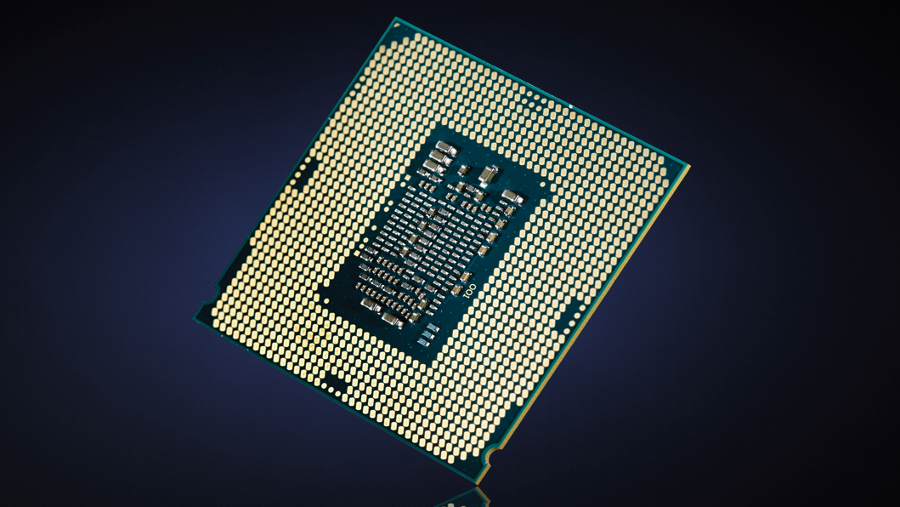Intel slams door on Skylake overclockers who were juicing up cheap CPUs
Pay for a 'K', or you don't get to play

Sign up for breaking news, reviews, opinion, top tech deals, and more.
You are now subscribed
Your newsletter sign-up was successful
Intel has made a move to stop the overclocking of its standard (i.e. not unlocked 'K' model) Skylake processors.
News that such overclocking was possible first emerged last December, when Asrock revealed a new BIOS update that permitted it on the firm's Z170 motherboards. This meant users could take a cheap Core i3 Skylake CPU and crank it right up with a big overclock (just like back in the good old days).
However, at the time it was thought likely that Intel would block this BIOS workaround, and indeed this has now happened.
Intel told PC World that it's priming a microcode update to put an end to this practice. The company also noted that performing such overclocking isn't a good idea, and indeed if you engage in juicing up your CPU like so, it will void your warranty as the processor is being pushed beyond its design spec.
Dangerous practice
An Intel spokesman said: "Intel regularly issues updates for our processors which our partners voluntarily incorporate into their BIOS. The latest update provided to partners includes, among other things, code that aligns with the position that we do not recommend overclocking processors that have not been designed to do so. Additionally, Intel does not warranty the operation of the processor beyond its specifications."
In other words, if you want to overclock, Intel is insisting that you should pay the premium for a 'K' unlocked CPU, which has been the case since Sandy Bridge was first introduced.
Of course, if you've already overclocked your Skylake processor in this way, you could always choose not to update to the new firmware that tackles this issue, whenever it's rolled out.
Sign up for breaking news, reviews, opinion, top tech deals, and more.
Darren is a freelancer writing news and features for TechRadar (and occasionally T3) across a broad range of computing topics including CPUs, GPUs, various other hardware, VPNs, antivirus and more. He has written about tech for the best part of three decades, and writes books in his spare time (his debut novel - 'I Know What You Did Last Supper' - was published by Hachette UK in 2013).